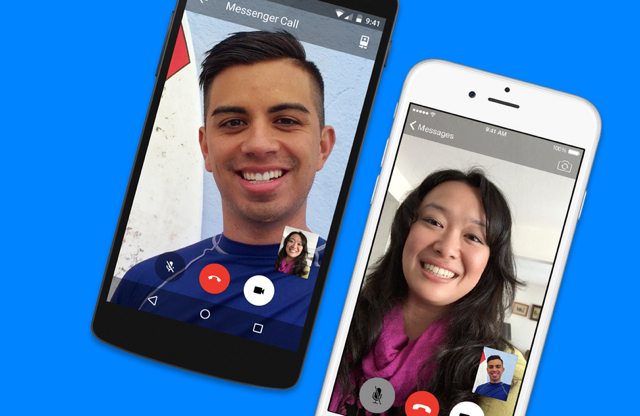Facebook Messenger Unveils Native Bot Payments, Webview
September 14, 2016
Out of Messenger’s one billion users, 300 million people are now using its audio and video calling features every month. This represents tremendous growth from Facebook’s first trials with VoIP audio for Messenger in 2013, and video calling in mid-2015. More recently, Facebook launched Instant Video for live connections in Messenger and group audio calling, with hints on plans to introduce group video calling. The idea is that multimedia options will always be part of the ongoing conversation.
TechCrunch notes that, with Messenger v1.2, the additions make it “more immersive, and bring it closer to the goal of simulating a face-to-face conversation.” And, although Facebook hasn’t been involved yet in voice computing, such as Amazon’s Alexa or Apple’s Siri, Facebook vice president David Marcus says the company may develop that also.
Another change in Messenger is with regard to allowing bots to “accept payments natively without sending users to an external website,” says TechCrunch. That means “the credit card info people already have stored in Facebook or Messenger can be used to instantly make purchases in bots that are part of the new closed beta the developers can apply for.”
So far, 34,000 developers have built 30,000 bots, up from 10,000 in May and 11,000 in July. Facebook is working with Stripe, PayPal, Braintree, Visa, MasterCard and American Express to make payments possible.
Marcus also notes that “all types of News Feed ads can point to them and users can share bots they enjoy with their friends,” and that “developers can now build Web views into conversations to pull in interfaces from their websites.”
“Inside a thread you have identity, transaction capabilities, the ability to draw UI, and draw native buttons and interfaces,” according to Marcus who notes that the earlier “basic capabilities … weren’t good enough to basically replace traditional app interfaces and experiences.”
By adding webview and payments, bot developers will have more tools to build “a compelling experience.” Marcus also mentions that, “developers will also now be given more guidance from Facebook on how to build successful Messenger experiences.”


No Comments Yet
You can be the first to comment!
Sorry, comments for this entry are closed at this time.